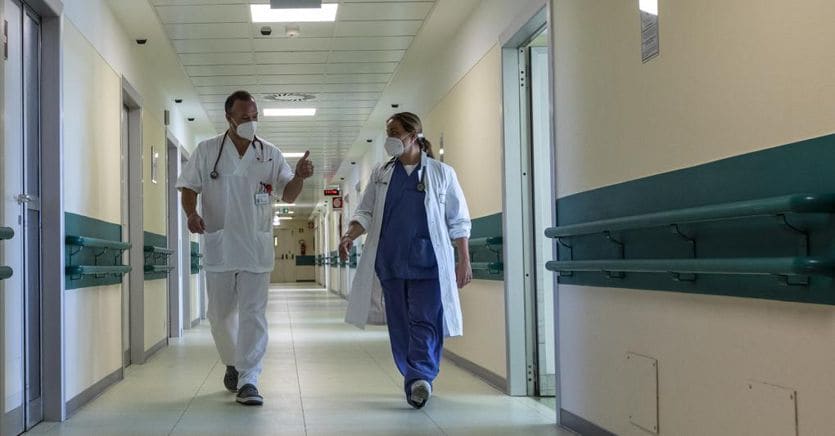At least 27 million people in the world have developed persistent problems with smell and taste due to Covid-19 and it is possible that some of them will not fully recover both senses. This is what emerges from a research coordinated by the National University of Singapore and published in the British Medical Journal. Alterations in smell and taste were among the symptoms that most distinguished Covid and almost half of patients report these disorders, the researchers recall.
Disorders present in half of the total
In the study, 18 studies were jointly analyzed for a total of approximately 3,700 patients considered. It emerged that, when among the symptoms of Covid there are disorders affecting the two senses, the alteration is prolonged and becomes persistent in 5.6% of patients in the case of problems with the sense of smell and in 4.4% in the case of taste. The researchers calculate that if we consider that to date 550 million people in the world have had Covid and that half of them have suffered from these disorders, this “translates into more than 15 and 12 million patients with dysfunctions of the sense of smell and of taste “.
Women are more penalized
The study showed that over time the problem tends to be resolved for most patients. Not for everyone, however: 180 days after healing, there are still 4% of patients who have not recovered the sense of smell and 2% of taste. Women, patients whose complaints are more severe from the start and those who usually suffer from nasal congestion run the greatest risk of not recovering completely.
Olfactory training, the only effective intervention
“Health systems should be ready to provide support to these patients who often report feeling isolated when their symptoms are neglected by doctors,” three Italian researchers (Paolo Boscolo-Rizzo of the University of Trieste , Jerry Polesel of the CRO of Aviano and Luigi Angelo Vaira of the University of Sassari). “The olfactory training, started as soon as possible after the onset of symptoms, is the only specific intervention with evidence of efficacy”, they specify. A growing number of centers, both in Italy and abroad, have started using this approach. But with these data it is a drop in the ocean: it is necessary “to allocate adequate resources to support research and support medical specialists in the face of an exceptional number of patients with dysfunctions of smell and taste”, they conclude.
